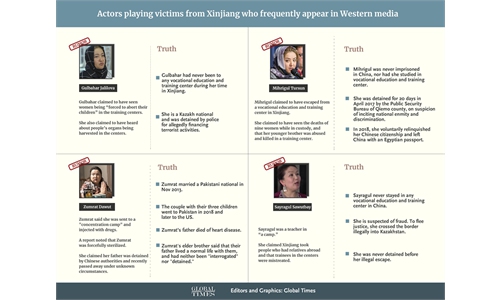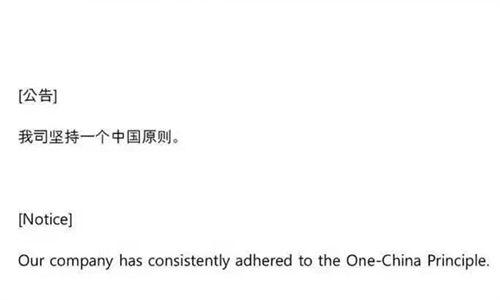Idol trainee hustle exposed amid China’s entertainment industry crackdown

Promotion material of Youth with You 3 Photo: Sina Weibo
As China seeks to implement stricter measures to regulate a once chaotic entertainment industry, the Xinhua News Agency has exposed a prevailing trainee fraud scam,in which shell companies have been defrauding young people of their hard-earned cash in the name of training them to become new idols.
As talent shows have grown in popularity in China in recent years, many entertainment agencies have turned to scouting out new idols from among young Chinese. Yet this trend has also given rise to fraudulent companies that seek to take advantage of some young people's dreams of fame to make money.
Xiao Ai (pseudonym), a college student from Beijing, once received an invitation for an interview on Sina Weibo from a company that claimed to be an agency based in Hong Kong. She was asked to sign the contract after she was told passing the interview and was ready to become a trainee.
After the interview, the interviewer asked Xiao to pay 500,000 yuan ($7,700) as a training fee to sign with the company. Yet not long after the interview, the company simply disappeared, Xiao told Xinhua.
The concept of "trainee" was initially introduced from the entertainment industry in South Korea, where agencies recruit young people with potential and train them to one day debut as a pop idol.
With the rise in popularity of talent competition shows in China such as Youth With You and Idol Producer, Chinese agencies have begun recruiting more trainees than ever in the hope of one day finding someone who has the star potential.
Statistics from Chinese streaming platform iQiyi show that 1,908 trainees once competed on Idol Producer, where other talent shows including Chuang 2021 and Youth With You had more than 100 trainees compete each season.
Xiao isn't the only person to be deceived by a shell company. Another pop star fan and Beijing college student surnamed Li also ran afoul of a self-proclaimed idol agent who asked her if she was interested in money and fame.
"I was stopped by an agent while I was shopping with my friend in the mall. I knew it was a fraud as I couldn't find the name of the company on the internet," Li told the Global Times.
Wang Haitang, an agent at a Guangzhou-based agency, told Xinhua that these fraudulent interviewers tend to entice "potential" interviewees with the promise of providing "connections in the industry," but then the company charges the trainees fees after luring them with a contract.
China is now moving to rectify the negative influence of the celebrity culture. For instance, Guan Gongyu, CEO of iQiyi, announced in late August that it was canceling all its "idol talent shows" for the next few years.
The streaming company drew criticism in late April after a promotion for its show Youth With You Season 3 led to fans buying boxes upon boxes of milk as a way to show support for their favorite competitors on the show, to the point that they were simply dumping the excess milk in the sewer.
Industry insiders say that as the country cracks down on the idol economy, the trainee-recruiting trend is sure to begin cooling off. Yet young people still need to be wary of the trainee fraud and the so-called "debut opportunities."



